*Wild tamarind Lysiloma latisiliqua *Willow bustic Dipholis salicifolia Yellow poinciana Peltophorum pterocarpum *Native to Florida *All Category 1 Trees Shall Be Florida #1 Grade with a minimum height of 12 foot CATEGORY 2 TREES (150 Square Feet Canopy Credit) 8 FOOT MINIMUM HEIGHT TABLE INSET Common Name Latin Name African tulip treeTamarind is not native to the US and it's distribution in the wild here is pretty much limited to Florida south of Lake Okeechobee It cannot tolerate cold for very long It is a native of tropical Africa as far north as SudanOct 23, 13 · Tamarind trees have stout trunks and spreading canopies, giving them a stately look similar to a live oak However their foliage is more airy and feathery The branches are also wind resistant, making them ideal for hurricaneprone areas
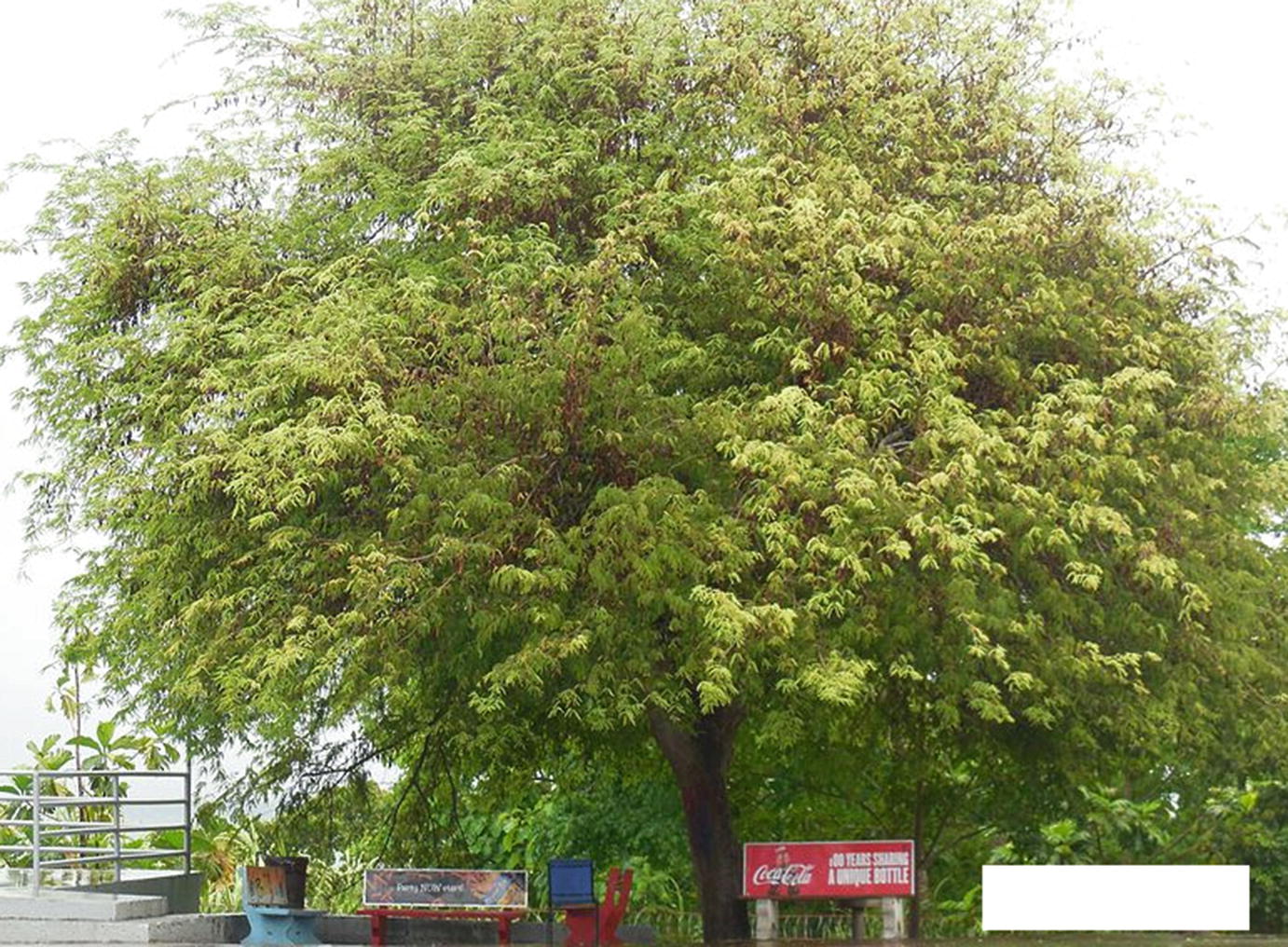
Tamarindus Indica Phytochemical Constituents Bioactive Compounds And Traditional And Medicinal Uses Springerlink
Wild tamarind tree florida
Wild tamarind tree florida-Jan 24, · Tamarindus indica, Tamarind Tamarind is a tropical tree planted in south Florida and in other warm climates for its delightful shade and soft texture Although the tree has a tendency to produce multiple trunks with included bark wedged between them, this problem can be overcome with regular pruning when the tree is youngThis is a medium to large tree that is native to the coastal and tropical hammocks, keys, and sunny sites of far southern Florida (MiamiDade, Monroe and Collier counties, including Everglades National Park), the West Indies and the Caribbean The



Plant Lover Wild Tamarind सफ द बब ल Subabul B N Facebook
Native Tree Nursery, Inc Native Tree Nursery comprises over 150 acres of field (marl) grown material and 25 acres of container material Field grown trees and shrubs are grown to Fla #1 and Fla Fancy specifications With over 30 years of experience, we are able to achieve superior quality, efficient service2607 Wild Tamarind Blvd , Orlando, FL is currently not for sale The 1,714 sq ft singlefamily home is a 3 bed, bath property This home was built in 06 and last sold on 1/24/ for $260,500 View more property details, sales history and Zestimate data on ZillowJul 27, 15 · Also known as false tamarind, wild tamarind is easy to recognize by its feathery compound leaves and is not to be confused with the edible African tamarind tree (Tamarindus indica) Large manchineels have a distinctive bark pattern, resembling scars with sutures Timothy Taylor, NPS volunteer
WILD TAMARIND Over the years I've eaten lots of Wild Tamarind beans because they make decent snacks in the field and the species is common in much of Mexico In the arid Yucatan, where it's called Uaxim (waSHEEM), it may be the most abundant of all tree species Wild Tamarind is LEUCAENA LEUCOCEPHALAThe Tamarind tree is cultivated throughout the tropical belt around the world It has many uses for the fruit, leaves, seeds and wood The fruit is generally sour but some varieties have a higher sugar content and they are usually processed and used in various dishes and condimentsA South Florida native commonly called Hercules club, Z clavaherculis, is a close relation More on the connection in a bit More on the connection in a bit Wild lime is a small tree, growing to a maximum of about 26 feet in South Florida, where it is a
Lysiloma latisiliquum, commonly known as false tamarind or wild tamarind, is a species of tree in the pea family, Fabaceae, that is native to southern Florida in the United States, the Bahamas, Cuba, southern Mexico, and Belize Its wood is sometimes traded as sabicu woodMay 14, 18 · Take note, Live Oak is a canopy tree, which requires ample growing space Other large native trees to consider are Gumbo Limbo ( Bursera simaruba), Mahogany (Swietenia mahogani), Royal Poinciana (Delonix regia), Queen Crape Myrtle (lagerstroemia speciosa) & Wild Tamarind (Lysiloma latisiliqua)Tree Size 4060 (80) ft tall by 3050 ft wide Life Span Longlived perennial Flower Color White Fruit Color Black Phenology Deciduous Noted for Interesting foliage



Lysiloma Latisiliquum Wild Tamarind Treeworld Wholesale



Florida Co Op Seen As Expert In Snail Conservation
The leaves are held on zigzag branches Bark Medium to dark gray, lightly fissured Flowers Yellow, pealike, the petals show red streaks;Figure 1 Middleaged WildTamarind WildTamarind1 Edward F Gilman and Dennis G Watson2 INTRODUCTION Cuban Tamarind is native to South Florida and grows moderately fast, up to 40 to 60 feet tall and 45 feet wide, its slender, short trunk topped with long, somewhat arching branches forming an umbrellalike silhouette (Fig 1) The pale green, pinnatelyPrefers smoothbarked trees On the mainland it utilizes wild tamarind (Lysiloma latilisiquum), poisonwood (Metopium toxiferum), gumbo limbo (Bursera simarouba), and mastic (Mastichodendrum foetidissimum) Additional host trees in the Keys are Jamaican dogwood (Piscidia piscipula), pigeon plum (Coccoloba diversifolia), ironwood



Tamarind Tree South Florida



Florida Trees Florida Trees Florida Shrubs
Jun 23, 11 · Taming Wild Tamarind After finding its way from the West Indies to Florida, wild tamarind took hold among the Everglades' hardwood trees Hardy from USDA zones 10b through 12, the tree's dense canopy withstands tough weather and strong winds At one time, the extent of its US population was in Florida's wildsA Floridafriendly tree is either native to our ecosystem or an adaptive nonnative species Floridafriendly trees are droughttolerant, require less maintenance, and resist diseases and insects Which trees are Floridafriendly?"Forest Trees of Florida" has been a standard handbook for tree identification since its first printing in 1925 The original book was prepared by Wilbur R Matton, an extension forester with the US Forest Service Over the years the list of pictured trees has changed slightly, but for the most part the book has remained as it was in the



Photos Of Wild Tamarind Trail Florida Alltrails
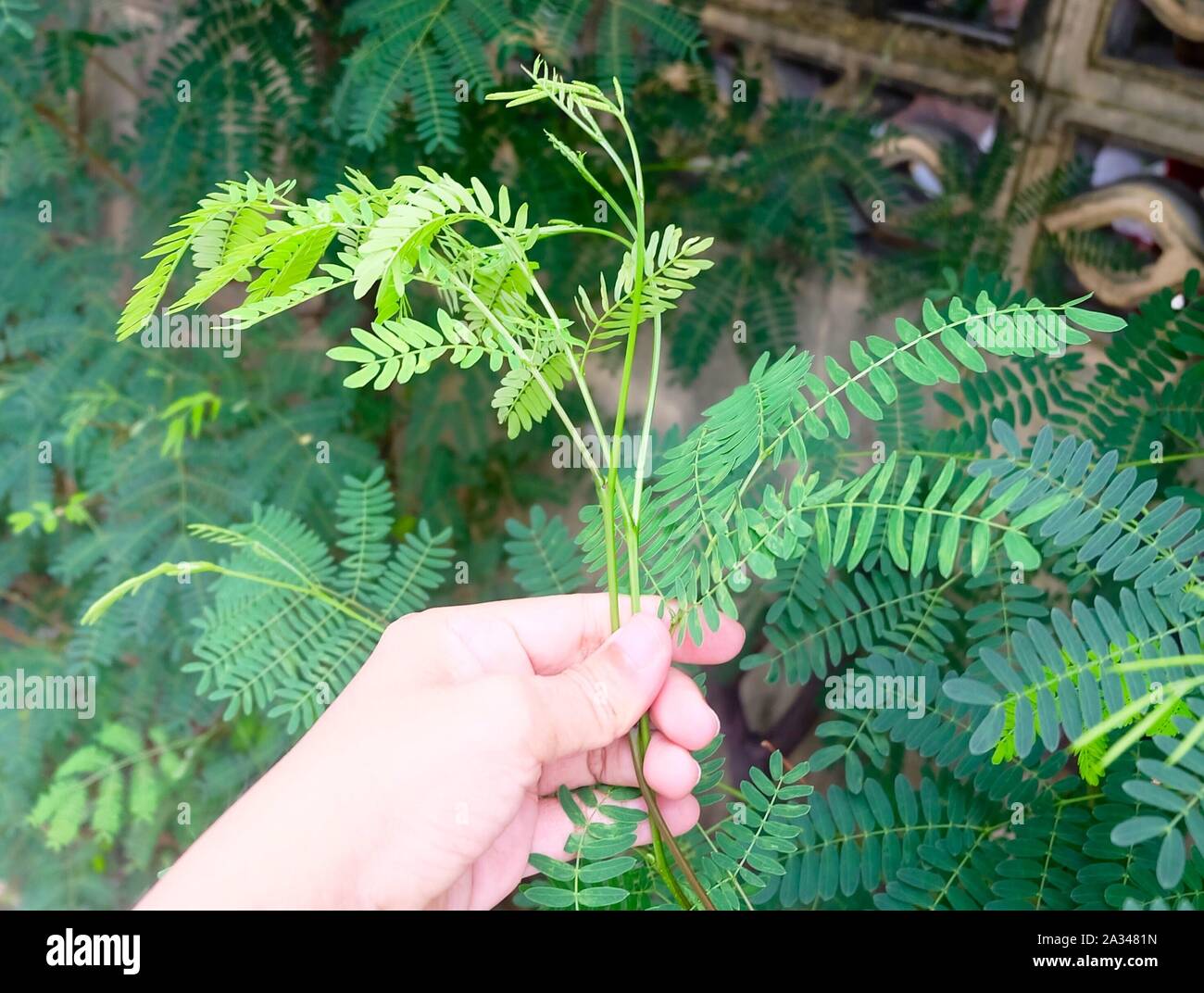


Wild Tamarind High Resolution Stock Photography And Images Alamy
The endangered linguus tree snail is often found on the trunks of Wild Tamarind trees in hammocks of southern Florida Wild Tamarind is a great tree for schools, parks and yards if you have the space for a large spreading tree Ficus citrifolia (Shortleaf fig) prefers full sun and is fast growing It is a large canopy tree that can reach 40Harvest Tons of Sweet, Tart, and Unique fruit The Tamarind Tree is a landscaping favorite because this tree has a unique vase shape and a thick canopy filled with pairs of leaves that give it an exotic look In the winter, pale green flowers emerge, adding bursts of color to the landscape before turning into tan seedpods The tan pods contain an edible fruit pulp that's juicy, sweet andFlorida is home to more than 300 species of bees They vary in size from 2 to 25 mm, and range in color from brown, black or red to metallic green or blue In Florida, bees are active most of the year Most nest in welldrained soil that is sparsely vegetated, but others nest in trees or other sources of wood, or plants with hollow stems


Wild Tamarind Leon Levy Native Plant Preserve



Tamarindus Indica Phytochemical Constituents Bioactive Compounds And Traditional And Medicinal Uses Springerlink
Approximate height 2 Feet Average age of tree in 3 gal container 6 months Grown in our plant nursery in Homestead, Florida with the benefits of our subtropical weather Year to Bear 01 years Propagated by AirLayering clone of a mature tree It can produce fruits in 12 yearsWild tamarind pods flycatchers, gnatcatchers, warblers Butterfly larval food Ceraunus Blue , Eastern TailedBlue , Gray Hairstreak , Little Yellow , Variegated Fritillary Cassia Cloudless Sulphur , Large Orange Sulphur , Orange Barred Sulphur , Sleepy OrangeFicus citrifolia Wild Banyantree Flaveria linearis Yellowtop Forestiera segregata Florida Privet, Lysiloma latisiliquum Wildtamarind, False Tamarind Lythrum alatum var lanceolatum Loosestrife M Stachys floridana Florida Hedgenettle, Florida Betony Stachytarpheta jamaicensis Blue


Tamarind Wikipedia


Wild Tamarind
Planting Floridafriendly trees often eliminates the need for irrigation, special soil, fertilizer, and pesticidesCommon Names Wild Tamarind Family Fabaceae Habit Lysiloma latisiliquum grows as a medium to large tree up to m in height with a trunk to 1 m in diameter The bark is smooth and grayish white The bipinnate leaves are arranged alternately with large ovate stipules atCATEGORY 1, 2, 3, AND 4 TREE LISTS (From Margate City Code Chapter 23, Section 23, Appendix 1) CATEGORY 1 TREES 12FOOT MINIMUM HEIGHT AND INCH MINIMUM DBH Common Name Latin Name African mahogany Khaya spp Flame bottle tree Brachychiton acerifolius * Bald cypress Taxodium distichum Floss silk tree



Wild Tamarind Trail Pennekamp State Park Florida Hikes


Lead Tree
Its namesake tree, the wild tamarind, is one of dozens of native trees to this tropical hammock, a collection of Caribbean trees and shrubs that naturalized in theWild Tamarind Bonsai Tree 1937 comes in a beautiful Tomas Rovea special edition one of a kind bonsai potThis is a very unique one of a kind bonsai tree native to Florida, makes a wonderful rare bonsai tree for your collectionThe tamarind is a graceful stately tree commonly found in the south Florida landscape and growing wild along Central American roadsides The fruit hang in clusters peapod like legumes typically six to eight inches long The fruit is eaten fresh, in candies, and in sauces



Tamarind Tree Florida
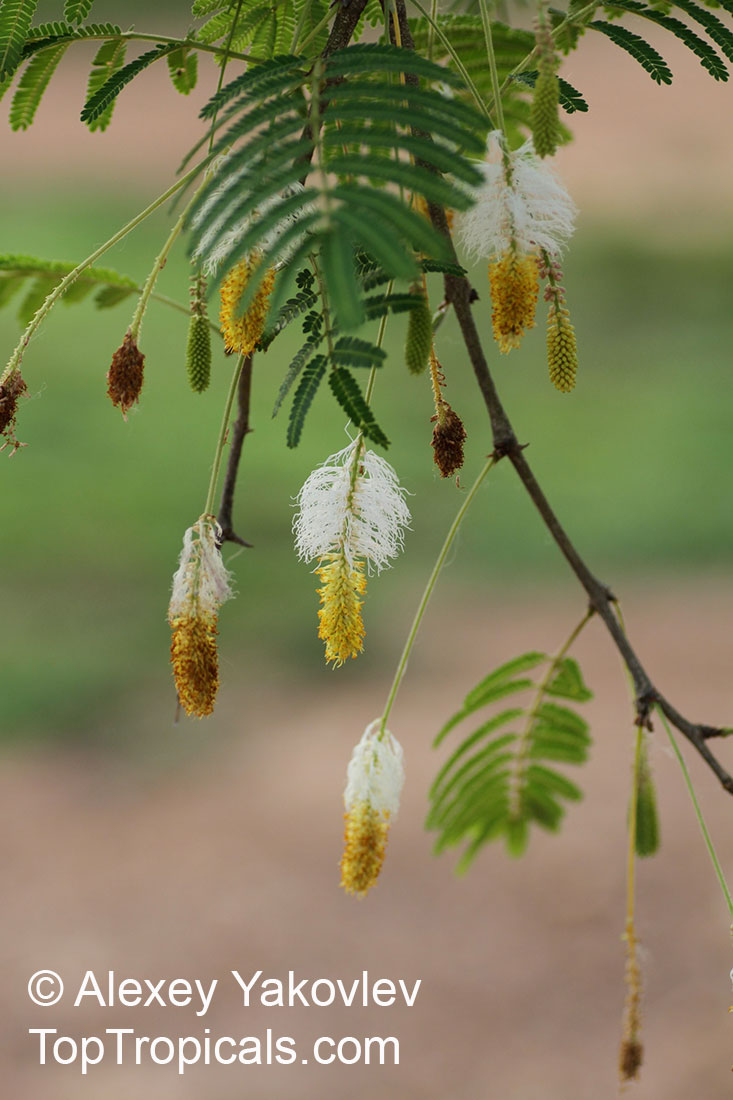


Dichrostachys Cinerea Cailliea Glomerata Dichrostachys Glomerata Dichrostachys Nutans Mimosa Cinerea West African Sickle Bush Aroma Kalahari Christmas Tree Chinese Lantern Tree Marabou Thorn Princess Earrings Toptropicals Com
Wild Tamarind Trail es un sendero circular de 04 millas con tráfico ligero localizado cerca de Cayo Largo, Florida Es bueno para todos los niveles de habilidad El sendero ofrece una serie de opciones de actividades y es accesible todo el año Los perros también pueden usar este sendero, pero deben estar atados con correaTrees, like all named biological organisms, have both common and scientific (Latin binomial) names Both names are listed for each tree species covered in this handbook Detailed descriptions for species included in this publication appear alphabetically by scientific nameTamarind Tamarindus indica Plant Family Leguminosae Leaves Alternate, oncecompound, with 10 – 16 pairs of oblong leaflets;


Oakland Park Fl Official Website


Wild Tamarind Leon Levy Native Plant Preserve
Wild Tamarind, Lysiloma latisiliquum, Florida Native Tamarind Wild tamarind, Lysiloma sabicu , Horseflesh Mahogany Click on the plant listing below to view the nursery informationWest Palm Beach Garden Center (786) 255 22 HomeWildtamarind, False tamarind Lysiloma latisiliquum Fabaceae Copyright by James Johnson, 14 In habitat, Everglades National Park, Florida Expand General Landscape Uses An excellent specimen shade tree in extreme southern South Florida Ecological Restoration Notes A common canopy tree in rockland hammocks in Monroe and MiamiDade counties, but with some range
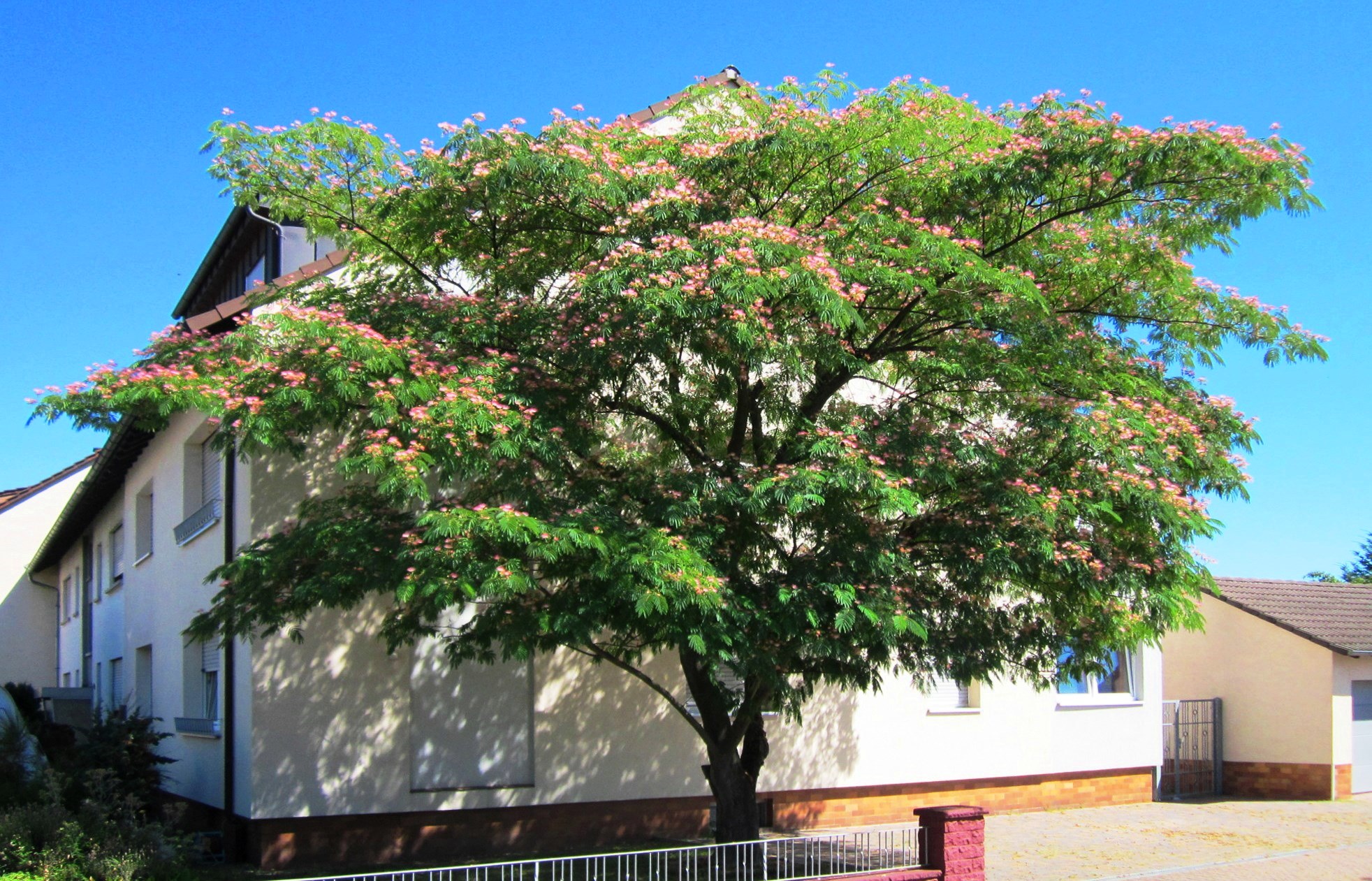


Albizia Julibrissin Wikipedia



Wild Tamarind Hedge Page 2 Line 17qq Com
Oct 03, 18 · The tallest trees in hardwood hammocks, including the wild tamarind (Lysiloma latisiliqua) and gumbo limbo (Bursera simaruba), rarely grow more than 50 feet (15 m) in height due to cold weather, lightning, and strong winds Mature hammocks form dense canopies, shading the internal environment from strong sunlight and maintaining a high level of21 Wild Tamarind Blvd , Orlando, FL is currently not for sale The 2,592 sq ft singlefamily home is a 3 bed, 30 bath property This home was built in 06 and last sold on 12//18 for $357,500 View more property details, sales history and Zestimate data on ZillowFlorida Elm * Ulmus americana 'Florida Wild Tamarind * Lysiloma bahamensis or latisliquum * Category 1 Uppercanopy Flowering Common Name Botanical Name African Tulip Spathodea campanulata Category 1 trees shall be a minimum of 1214' planted height, 68' spread with a 253" caliper at time of installation
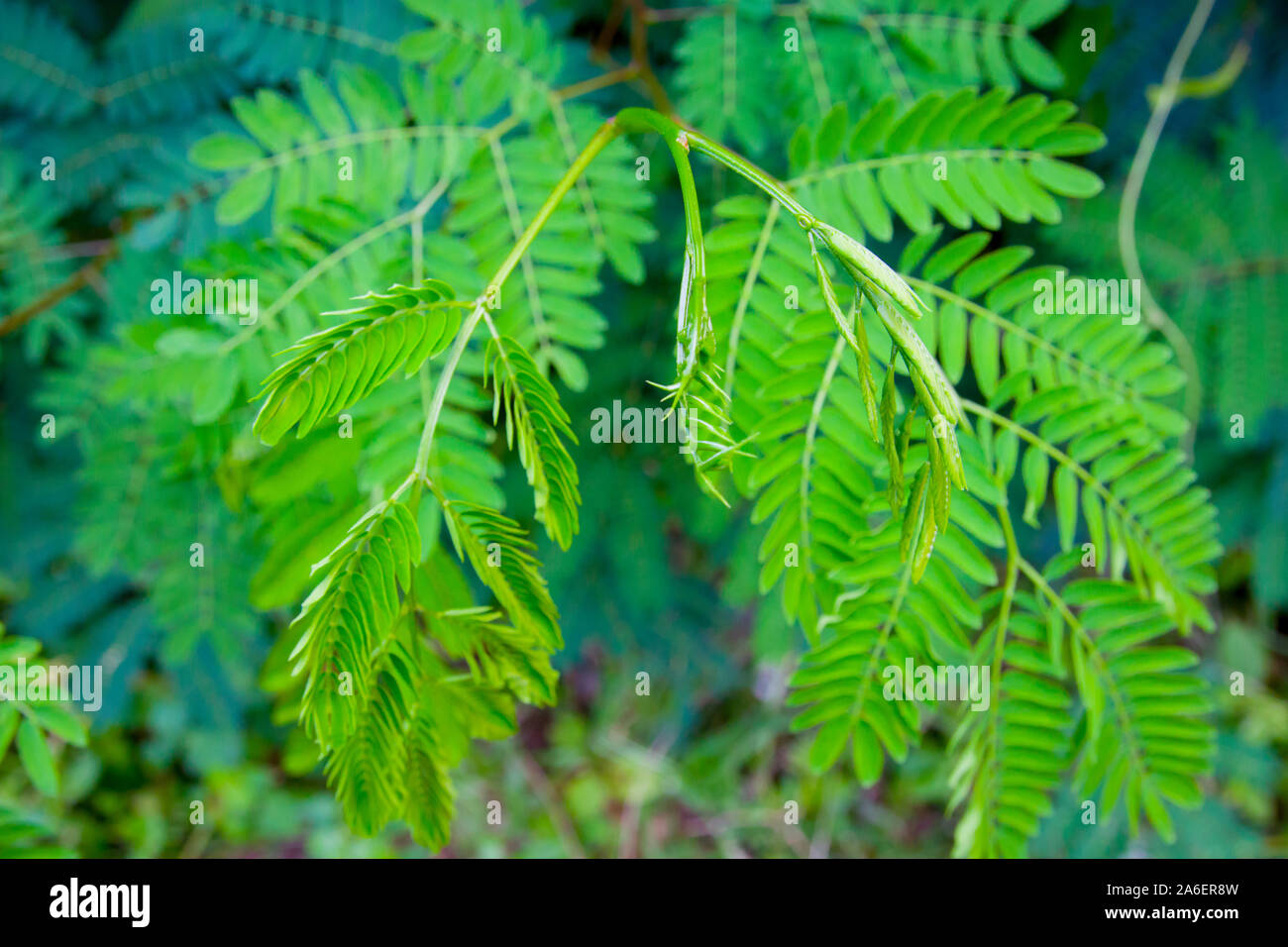


Wild Tamarind High Resolution Stock Photography And Images Alamy



Lysiloma Latisiliquum Wild Tamarind Treeworld Wholesale
Wild Tamarind Tree Call Springtime Farms for Availability Open 7 Days a Week Home Landscaping Palm Trees Shrubs Adventure Park Contact Us More Open Monday Sunday 9am4pm Largest Selection of Plants in FloridaWild Tamarind Lysiloma latisiliquum The fruit is a pod up to four inches in length that typically remains on the tree Restricted to southern Florida, perhaps extirpated in the wild To 60 feet in height, a species of hammocks or pinelands Coe Visitor Center, Everglades National Park, FloridaIt mixes nicely with other tall coastal trees like Live Oak, Gumbo Limbo, Pigeon Plum, Strangler Fig, Hackberry, Wild Tamarind and Red Mulberry Plant along the sunny edge of this group of trees with your favorite hammock shrubs like Jamaica Caper, Florida Boxwood, Horizontal Cocoplum, Randia, Beautyberry, Blackbead and Maidenberry



Plant Lover Wild Tamarind सफ द बब ल Subabul B N Facebook



Wild Tamarind Trail Pennekamp State Park Florida Hikes
Comments Wild Tamarind makes and excellent shade tree for south Florida It is very fast growing, drought tolerant and has low nutritional requirements A similar nonnative species, Lysiloma sabicu is also found in south Florida, MiamiDade County, but distinguished by the leaves that have larger, fewer ovate leaflets



Wild Tamarind Flowering Plants For Apis Mellifera Adansonii Scutellata African Bee In Senegal West Africa Inaturalist
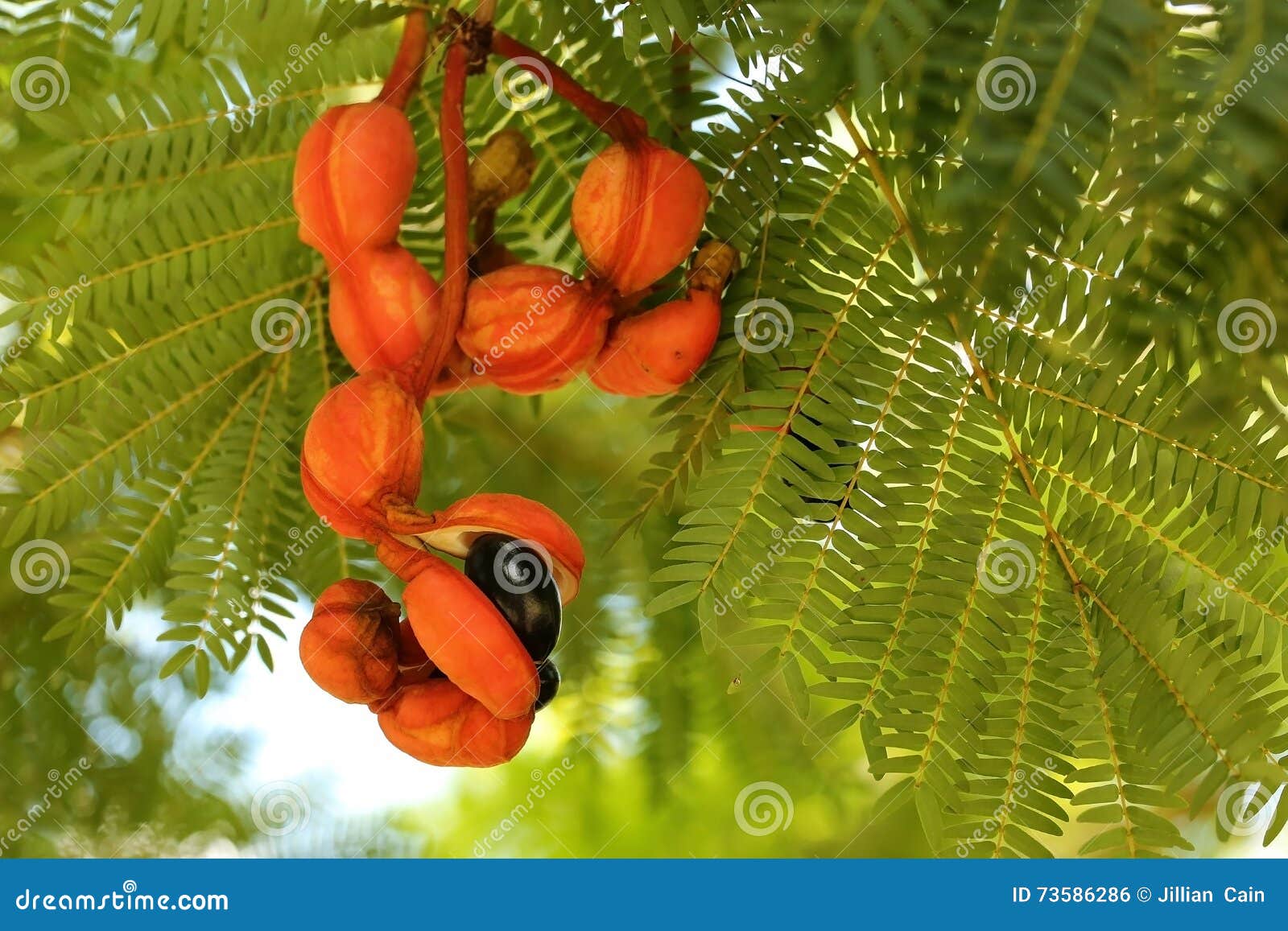


Beautiful Cojoba Arborea Red Pod With Black Seed Emerging Stock Photo Megapixl
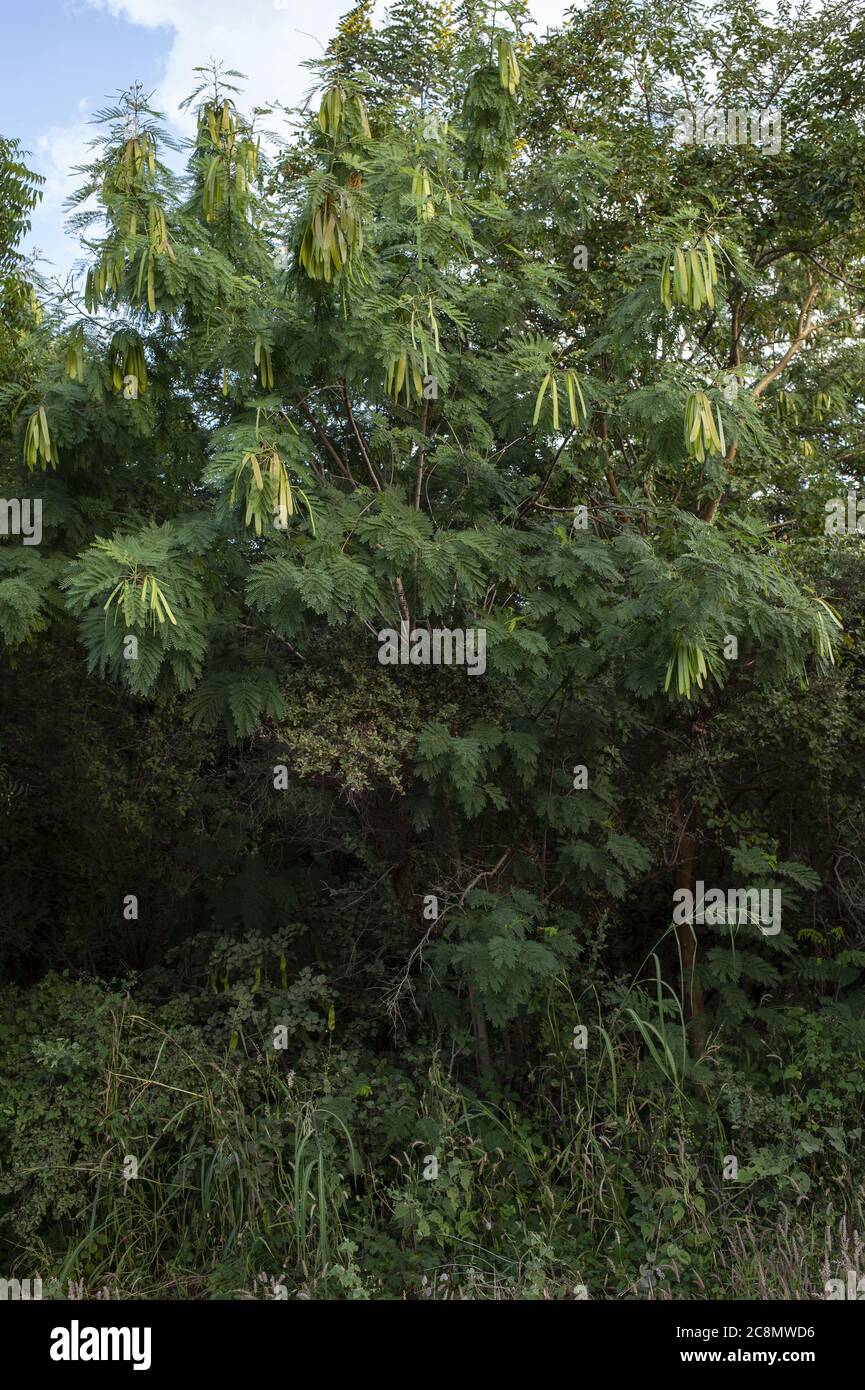


Wild Tamarind High Resolution Stock Photography And Images Alamy



Wild Tamarind Tree In Bloom Page 1 Line 17qq Com



Kristina Burns Realtor Home Facebook
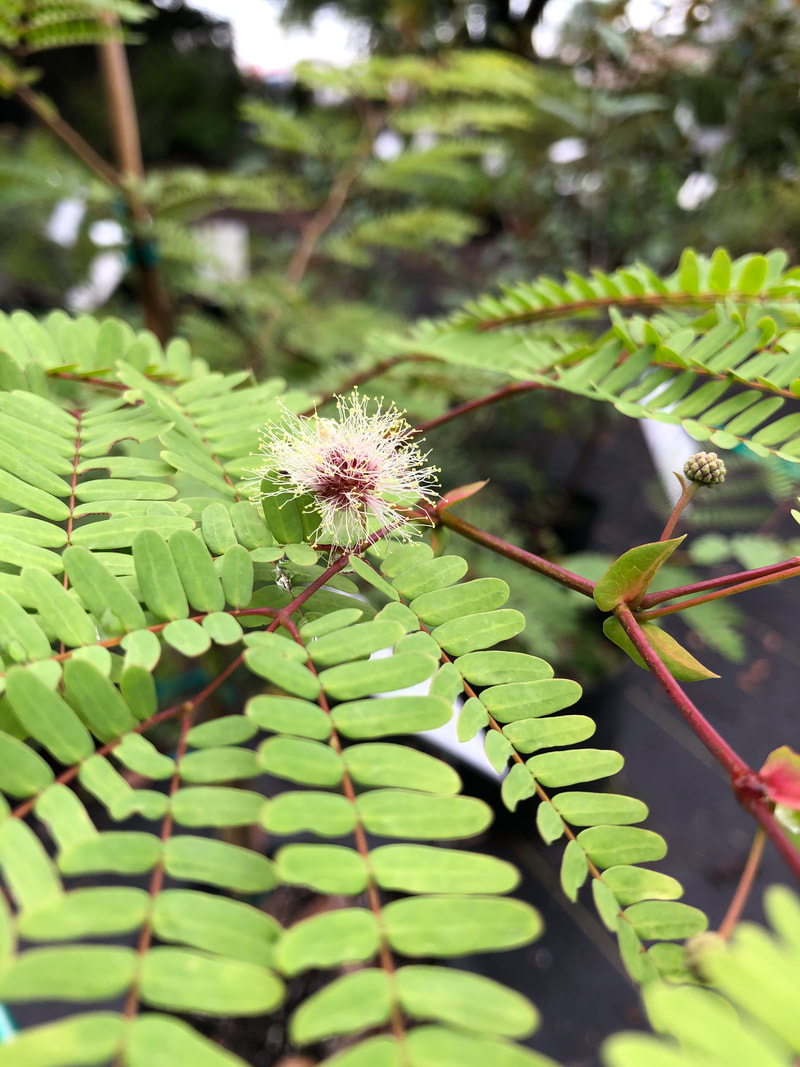


Wild Tamarind



Sorry Florida But The State S Iconic Palm Trees Don T Cut It With Climate Change News The Palm Beach Post West Palm Beach Fl
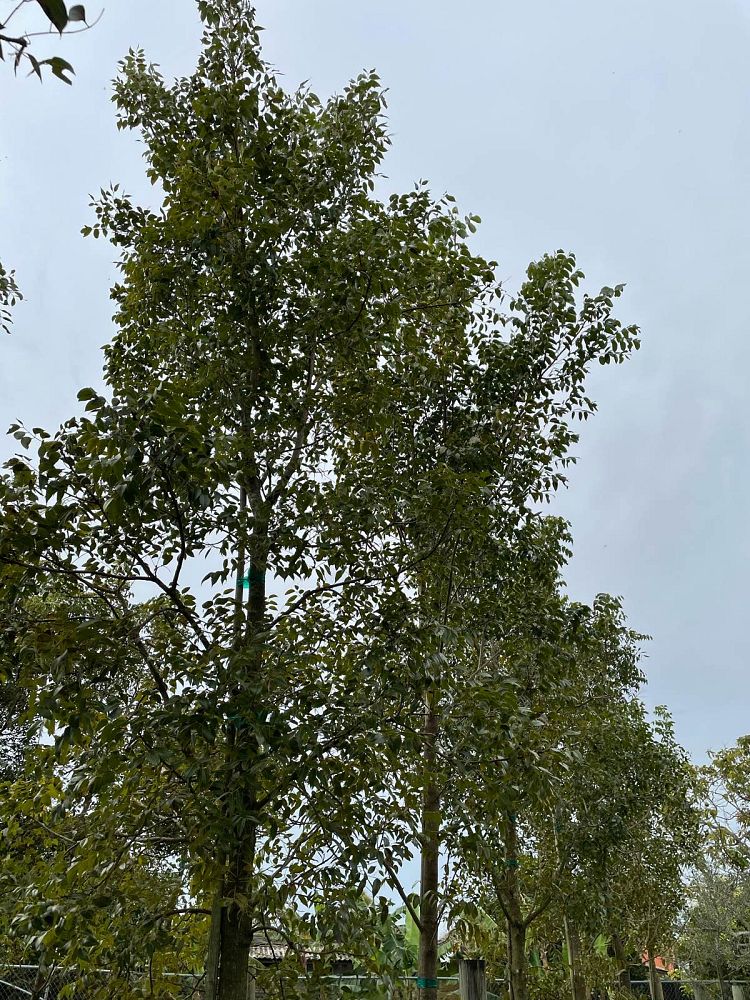


Pampa S Nursery Plantant Com
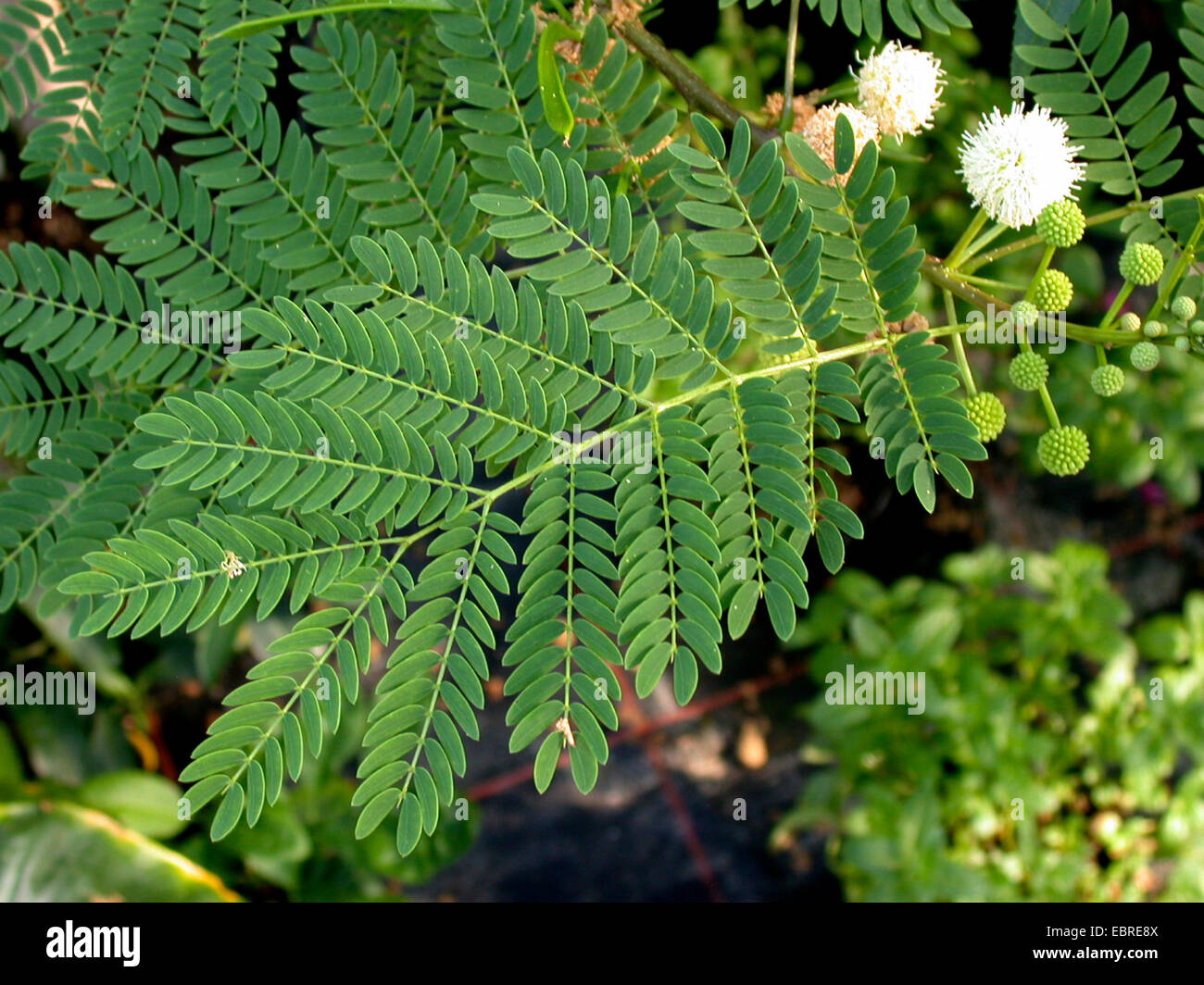


Tamarind Flowers High Resolution Stock Photography And Images Alamy



Imli Tree Page 2 Line 17qq Com
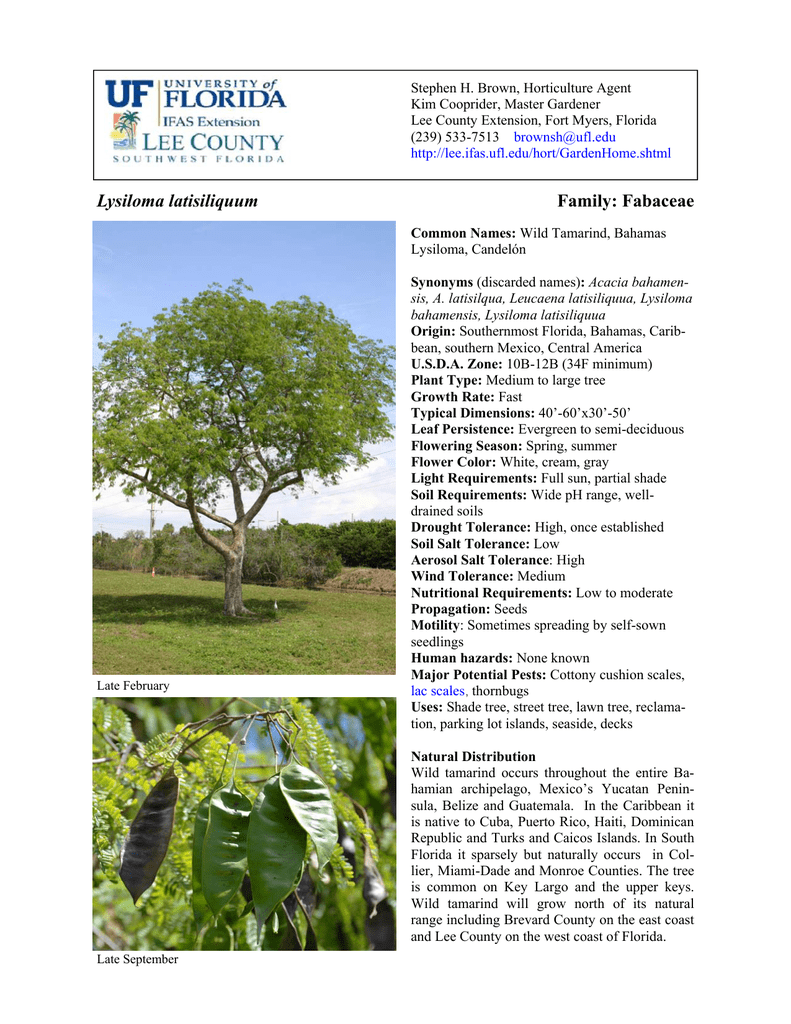


Lysiloma Latisiliquum Lee County Extension



Wild Tamarind Trail Pennekamp State Park Florida Hikes
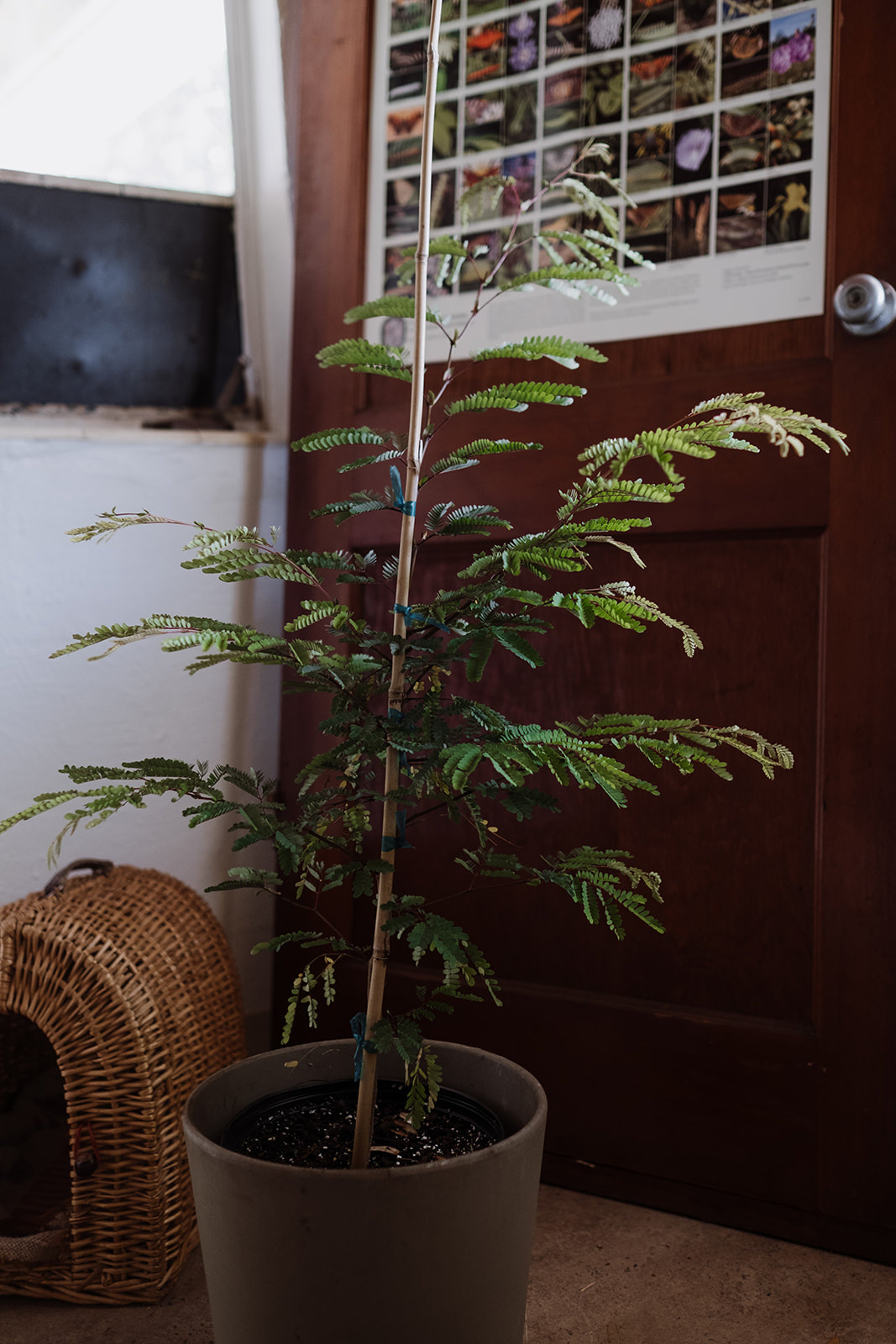


Wild Tamarind



Imli Tree Vrindavana Page 1 Line 17qq Com
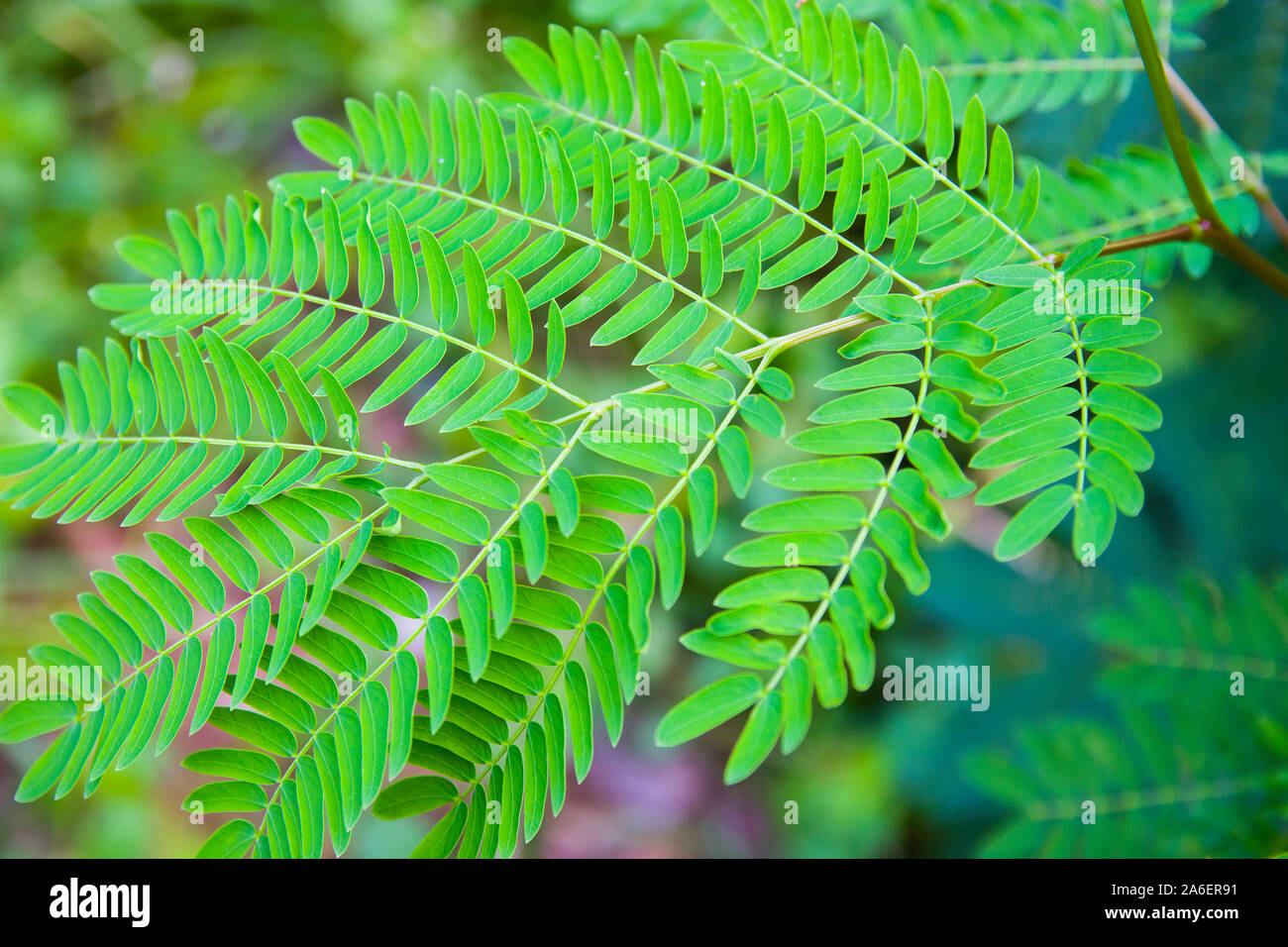


Wild Tamarind High Resolution Stock Photography And Images Alamy



Pin De Maria Restrepo En Treeworld Wholesale Plantas



Tamarind Tree Florida Keys



Sold 2618 Wild Tamarind Boulevard Orlando Fl 328 4 Beds 2 Full Baths 1 Half Bath Sold Listing



Leucaena Diversifolia Tropical Forages



How Does Your Garden Grow Naples Florida Weekly


Bahama Lysiloma South Florida Trees
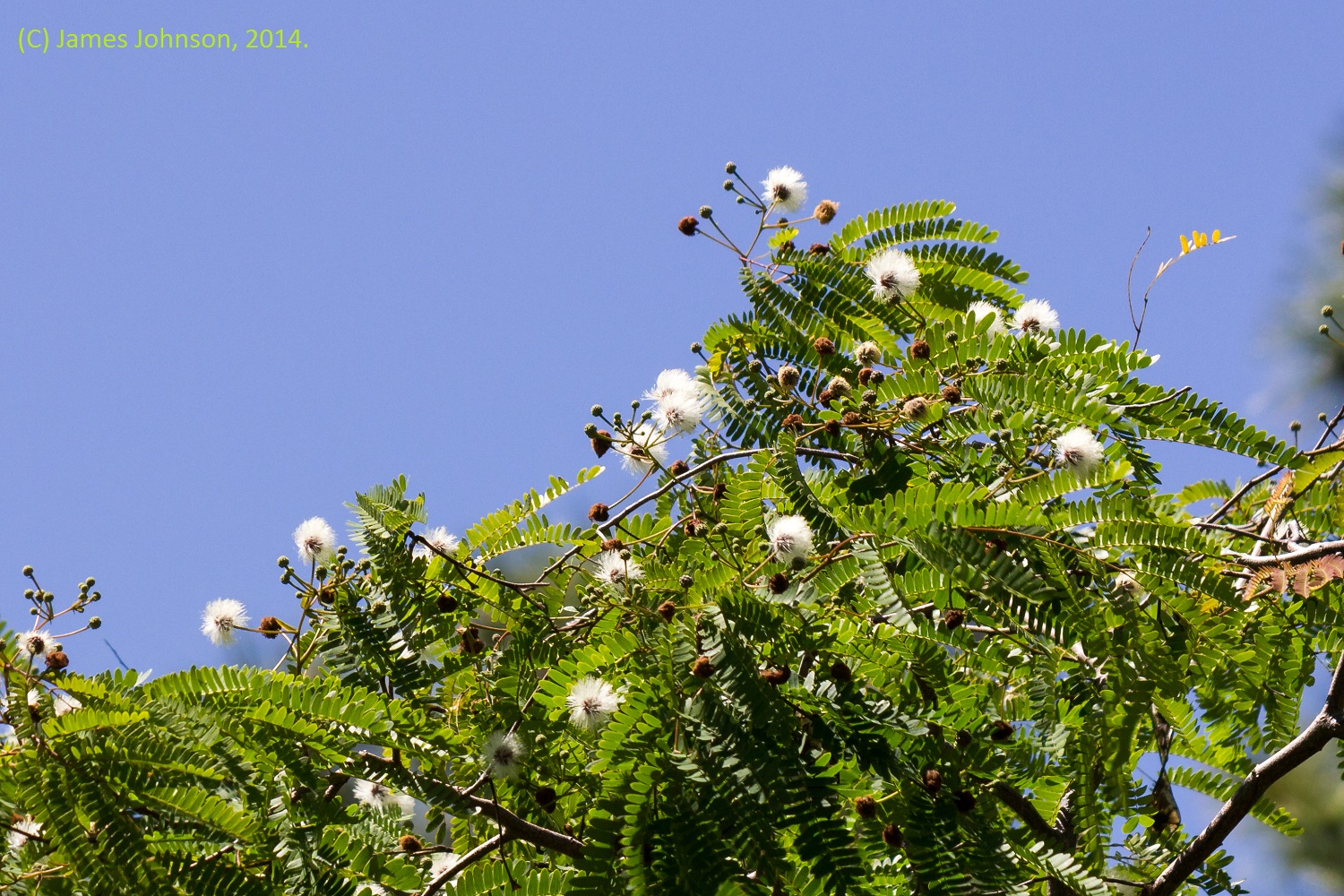


Irc Natives For Your Neighborhood



Plant Lover Wild Tamarind सफ द बब ल Subabul B N Facebook



Lysiloma Latisiliquum Species Page Isb Atlas Of Florida Plants



2607 Wild Tamarind Blvd Orlando Fl 328 House For Rent In Orlando Fl Apartments Com


Lysiloma Latisiliquum Useful Tropical Plants
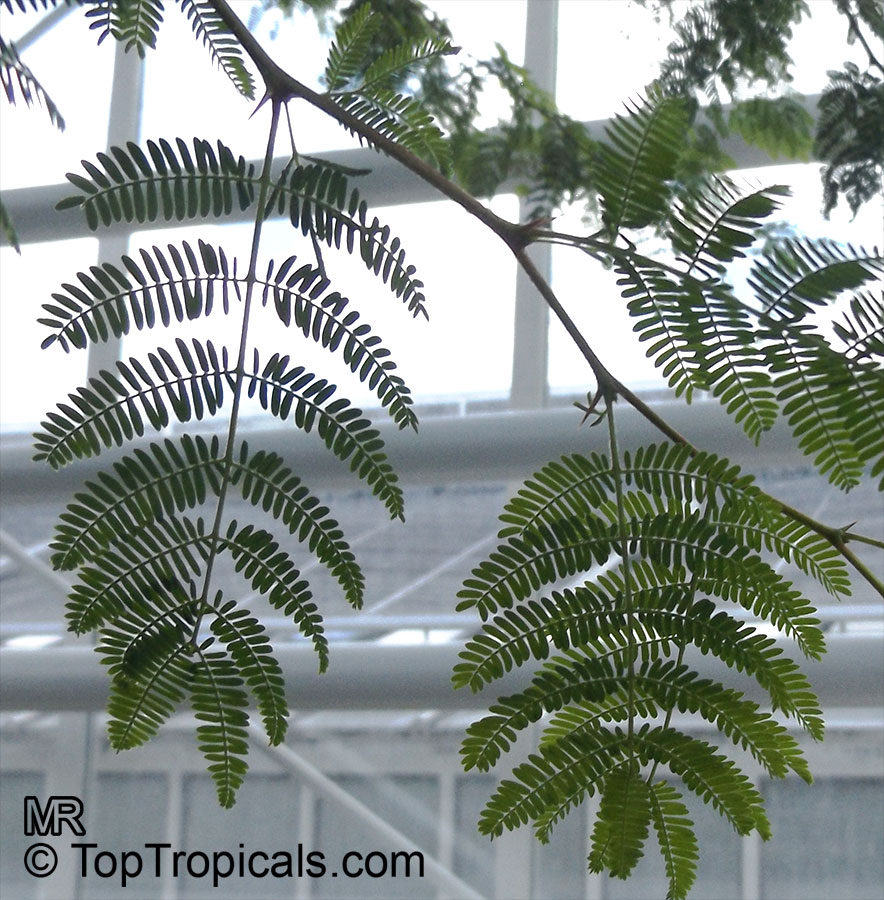


Vachellia Farnesiana Acacia Farnesiana Mimosa Farnesiana Yellow Mimosa Sweet Wattle Toptropicals Com
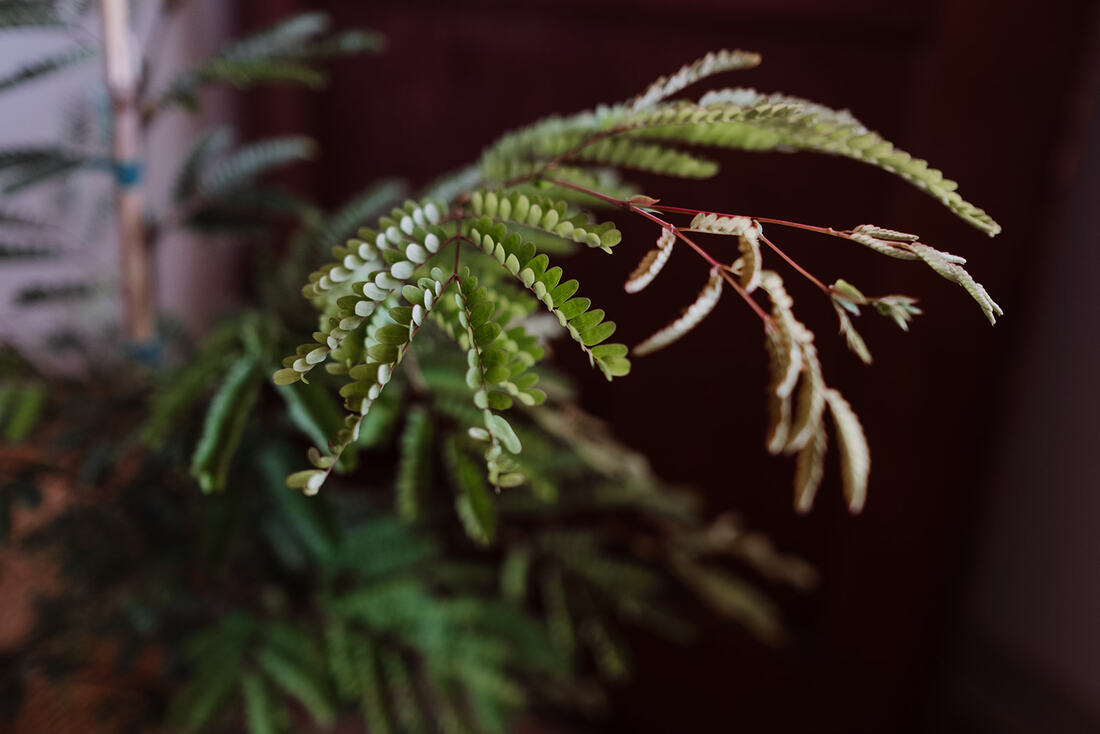


Wild Tamarind



Wild Tamarind Hedge Page 2 Line 17qq Com



Sorry Florida But The State S Iconic Palm Trees Don T Cut It With Climate Change News The Palm Beach Post West Palm Beach Fl


Wild Tamarind Lysiloma Latisiliquum


Tamarind South Florida Trees



Leucaena Leucocephala Tropical Forages



Beach Tamarind Tree Page 1 Line 17qq Com


Vachellia Macracantha Humb Bonpl Ex Willd Seigler Ebinger Plants Of The World Online Kew Science



Lysiloma Latisiliquum Species Page Isb Atlas Of Florida Plants



Characteristics Of Manila Tamarind Tree Pithecellobium Dulce In The Wild Names Of Trees



Tamarind Tree Florida Page 1 Line 17qq Com



Taking Root Seasonal Gardening Advice
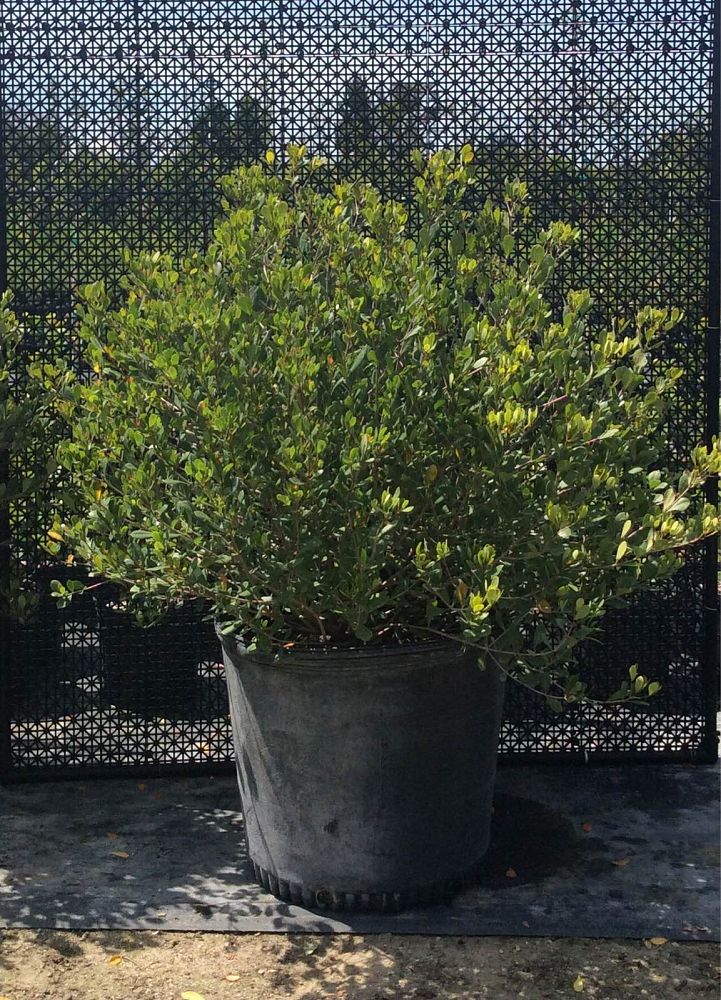


Silent Native Nursery Plantant Com



2415 Wild Tamarind Blvd Orlando Fl 328 Realtor Com



Tamarind Tree Florida Keys



Lysiloma Sabicu Sabicu Treeworld Wholesale


Gumbo Limbo



Tree Selection Guide Spadefoot Nursery



Characteristics Of Manila Tamarind Tree Pithecellobium Dulce In The Wild Names Of Trees



The Importance Of Native Trees Treeworld Wholesale
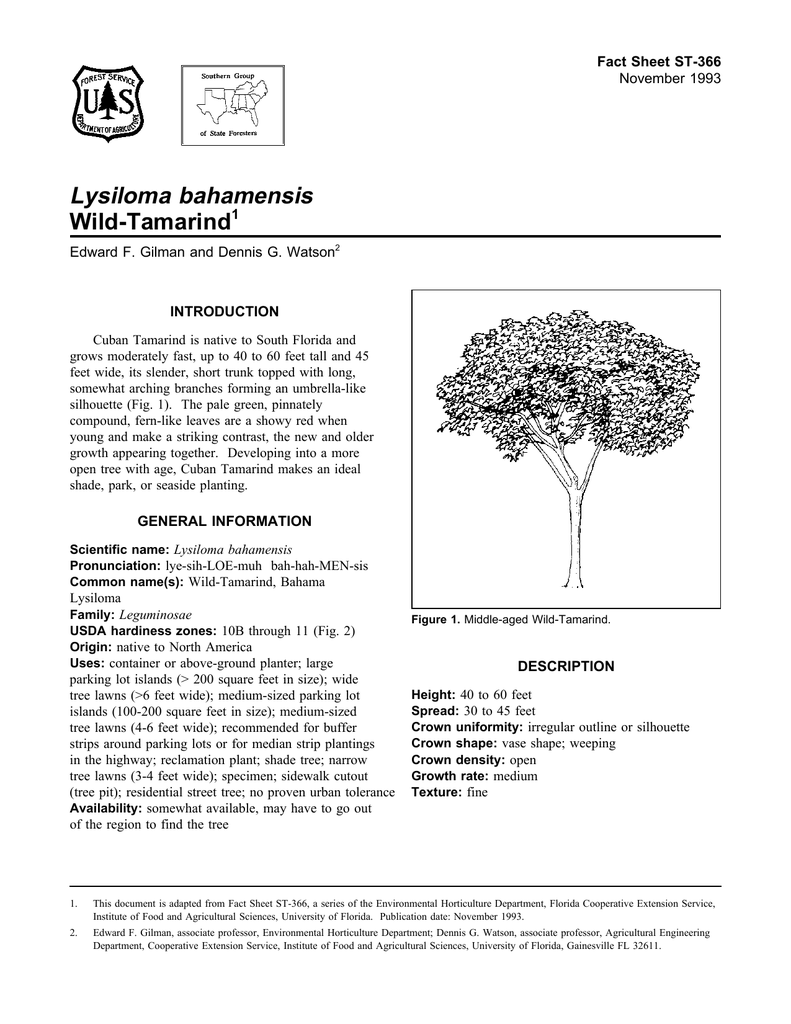


Lysiloma Bahamensis Wild Tamarind Fact Sheet St 366 1



Lysiloma Sabicu Sabicu Treeworld Wholesale



Characteristics Of Manila Tamarind Tree Pithecellobium Dulce In The Wild Names Of Trees
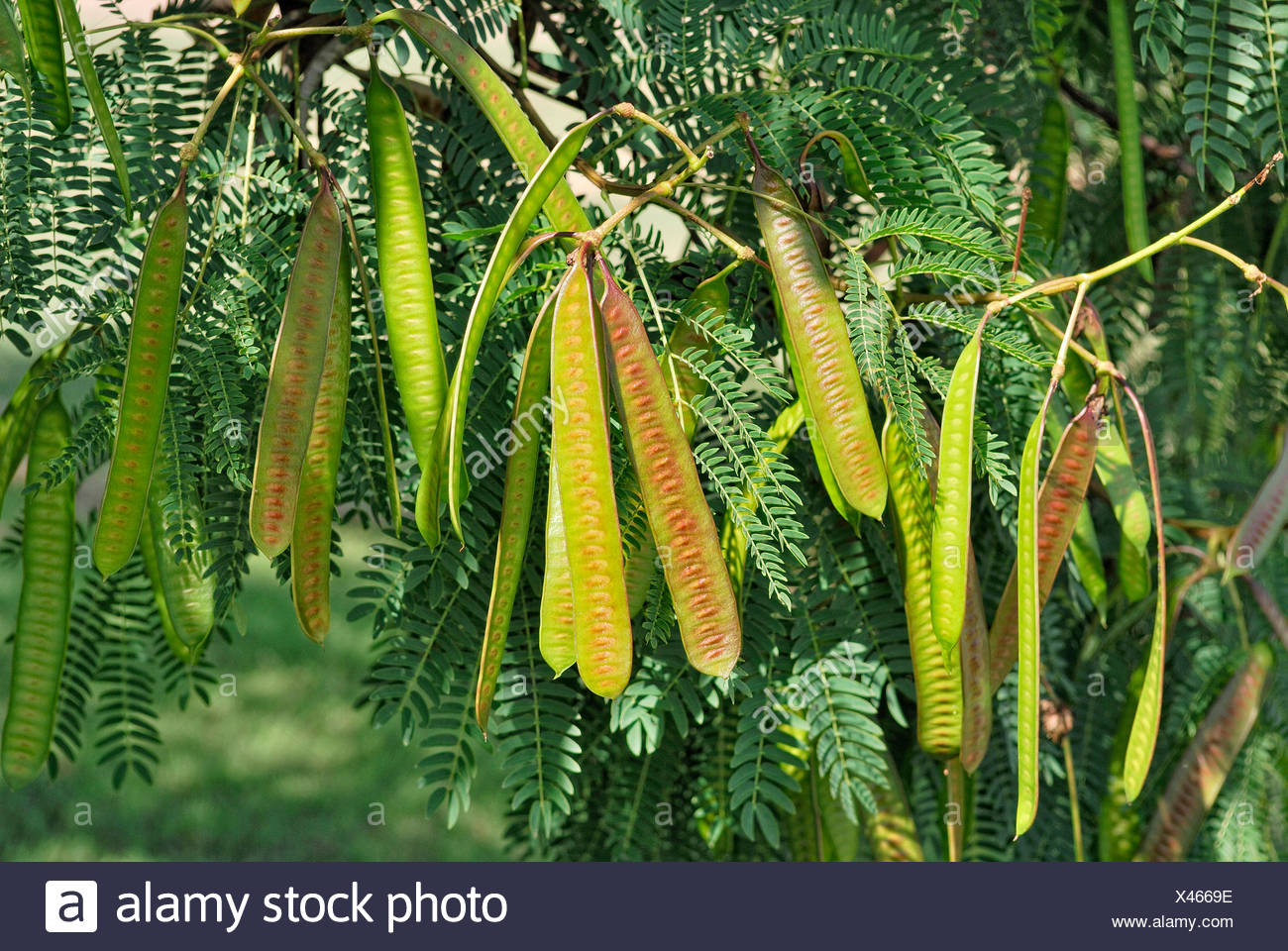


Tamarind Plant High Resolution Stock Photography And Images Alamy


Carrotwood Tuckeroo Eat The Weeds And Other Things Too



Plantfiles Pictures Wild Tamarind False Tamarind Lysiloma Latisiliqua By Olddude Front Yard Tree Butterfly Garden



What Have They Done With My Beloved Acacias Spadefoot Nursery
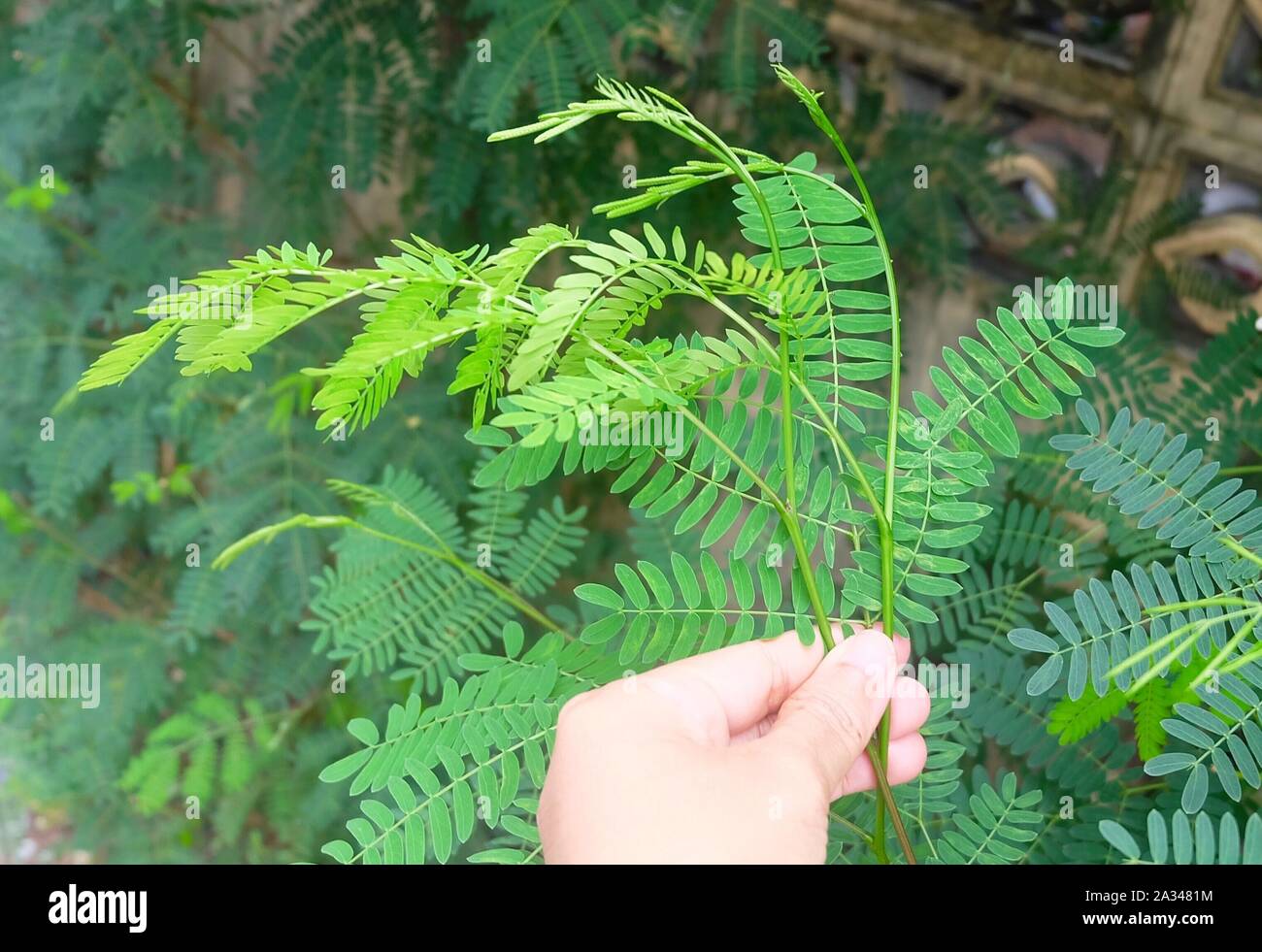


Wild Tamarind High Resolution Stock Photography And Images Alamy
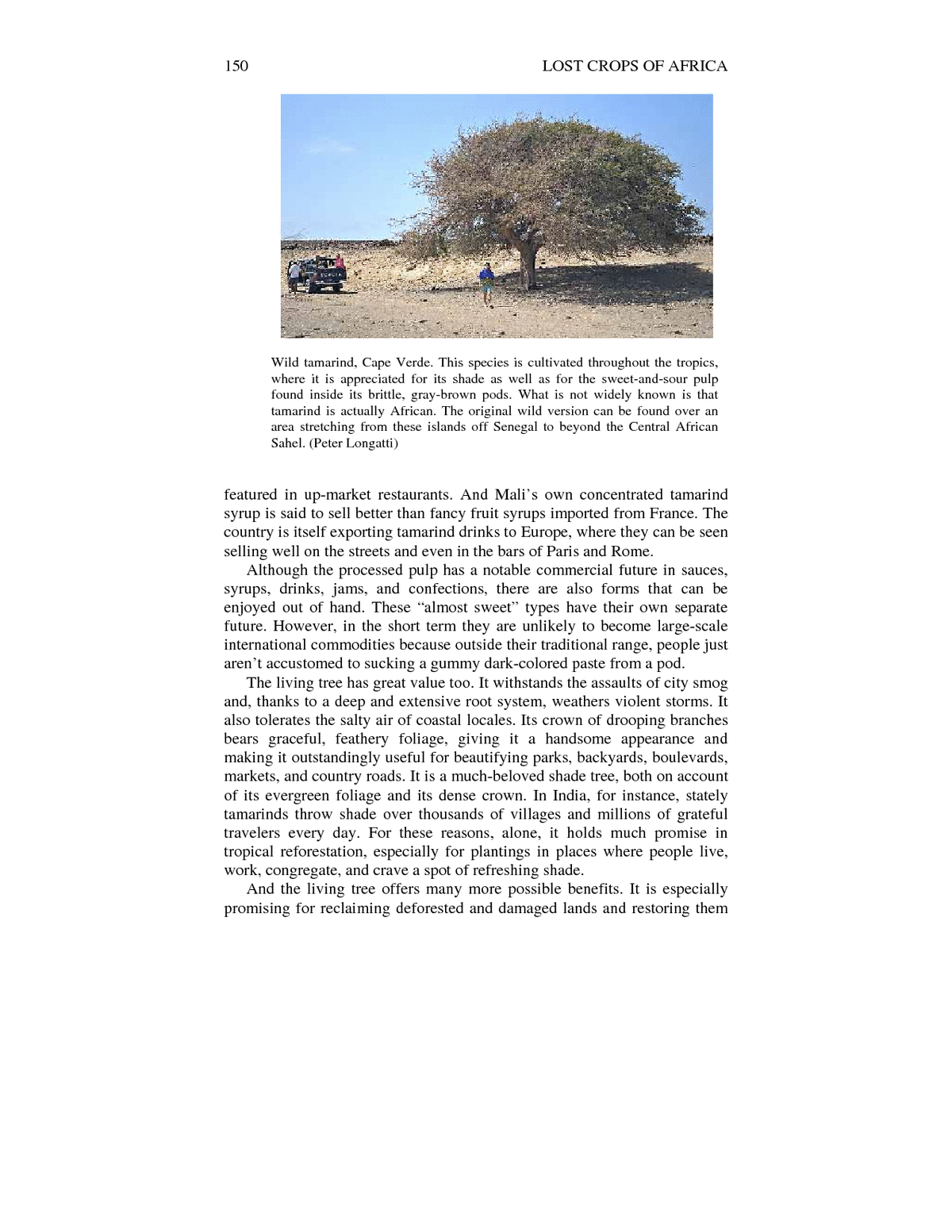


9 Tamarind Lost Crops Of Africa Volume Iii Fruits The National Academies Press



Lysiloma Latisiliquum Wikipedia


Lead Tree
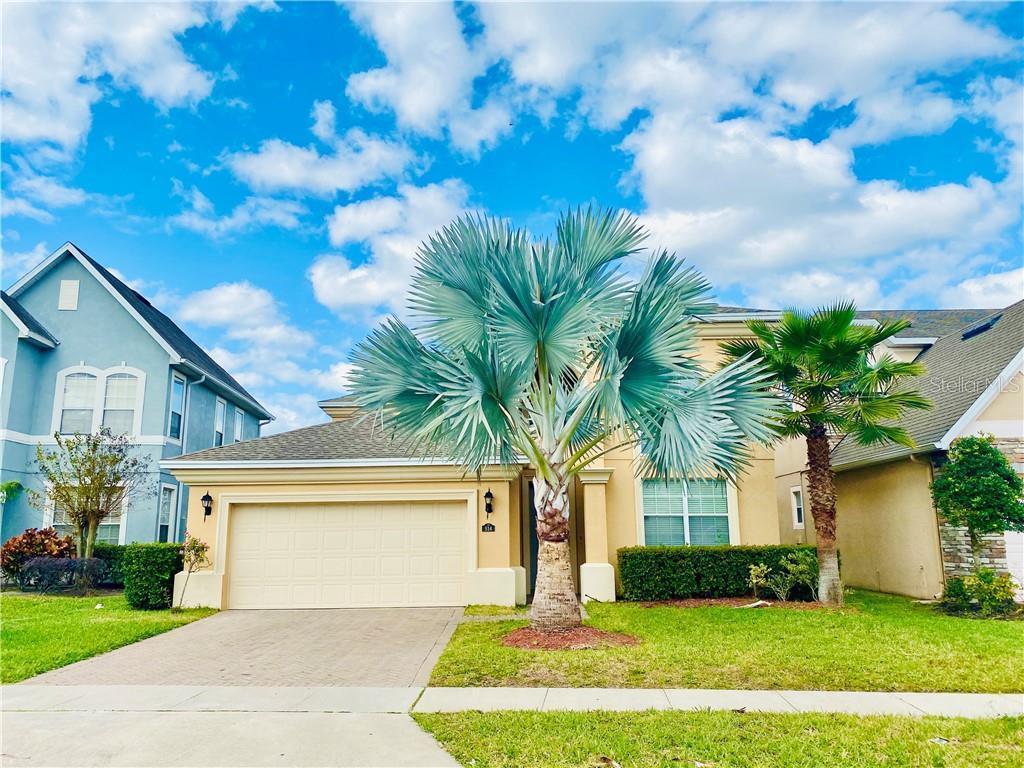


514 Spring River Dr Orlando Fl 328 Mls O Redfin


Tropical Trees And Sub Tropical Trees List Pictures And Articles
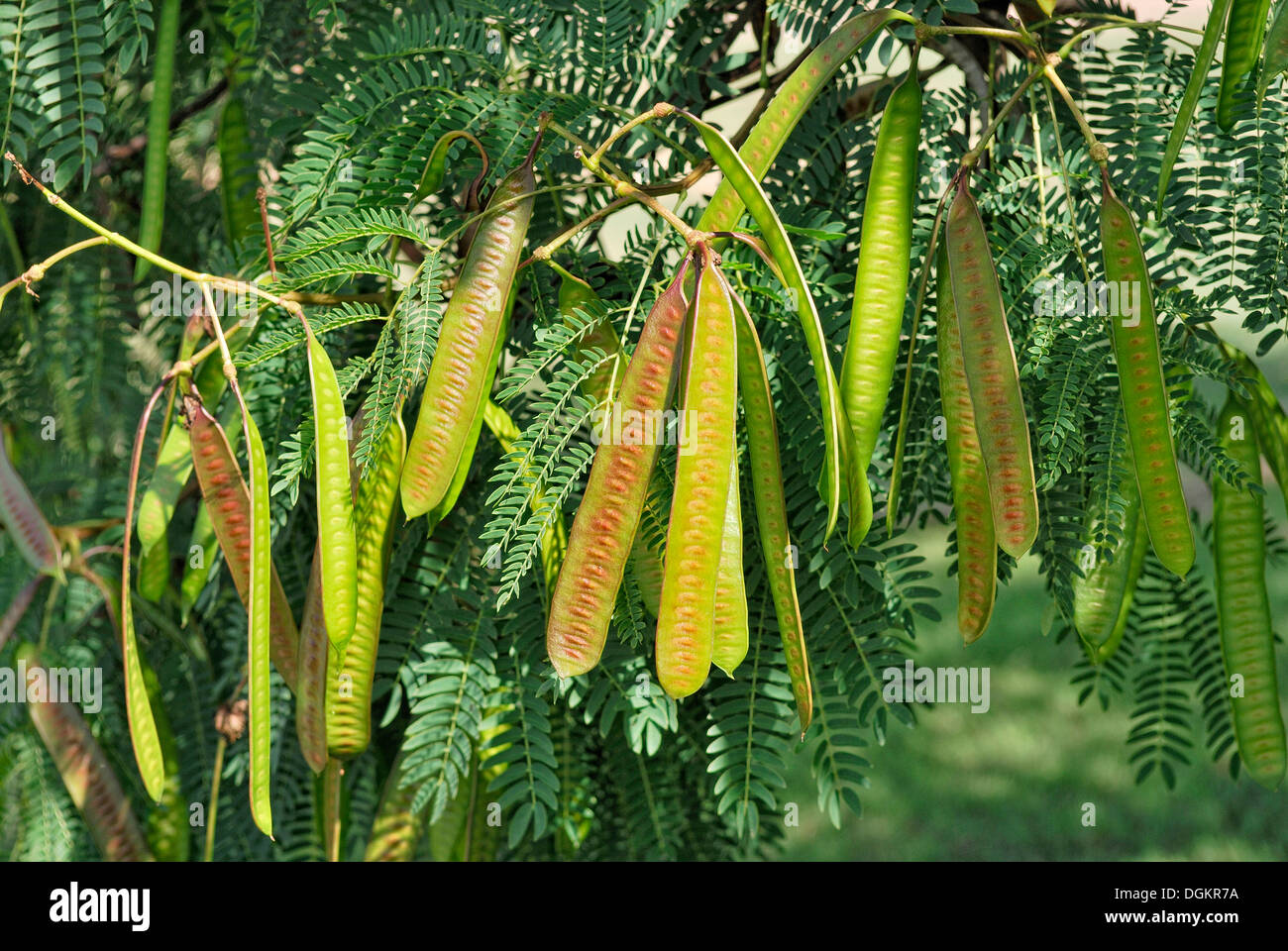


Tamarind Plant High Resolution Stock Photography And Images Alamy



Container Grown Trees For Sale In Florida Shrubs Florida Tree Farms
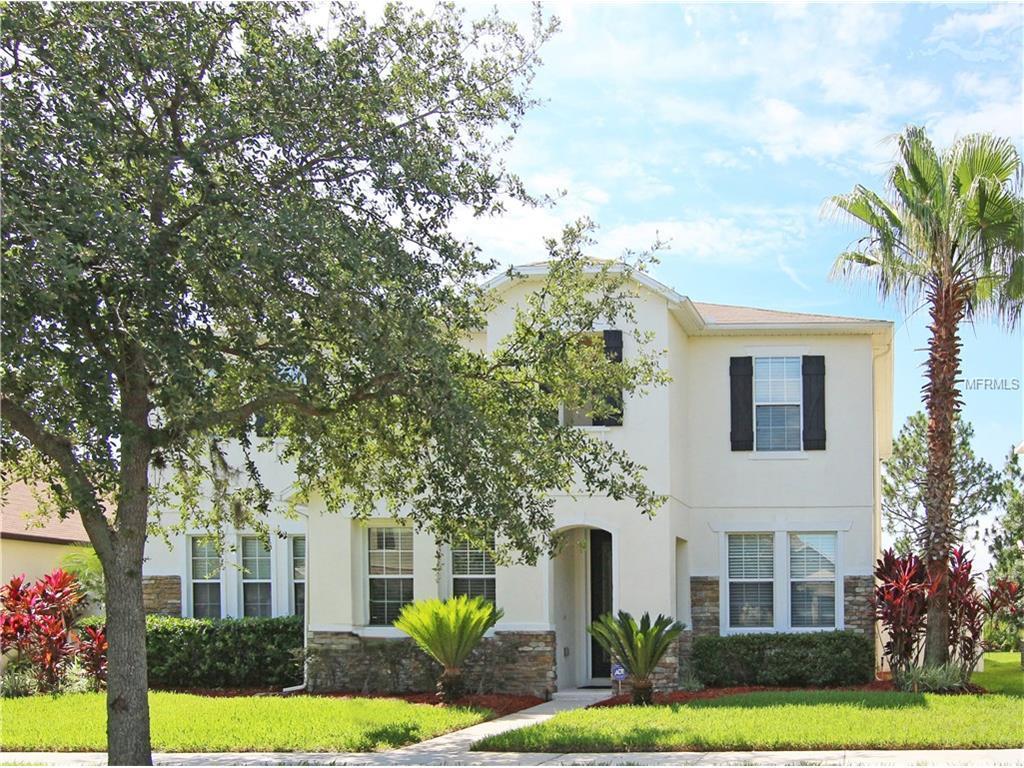


2342 Wild Tamarind Blvd Orlando Fl 328 Mls O Redfin



Oaks Instead Of Palm Trees Florida S Iconic Palms Don T Cut It With Climate Change News Northwest Florida Daily News Fort Walton Beach Fl



Wild Tamarind Page 1 Line 17qq Com


Tamarind Tree South Florida



0 件のコメント:
コメントを投稿